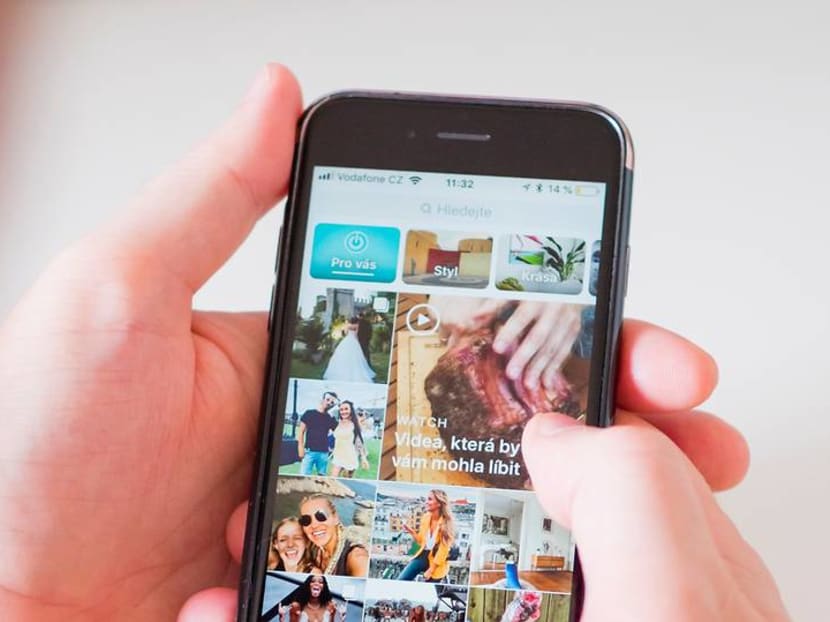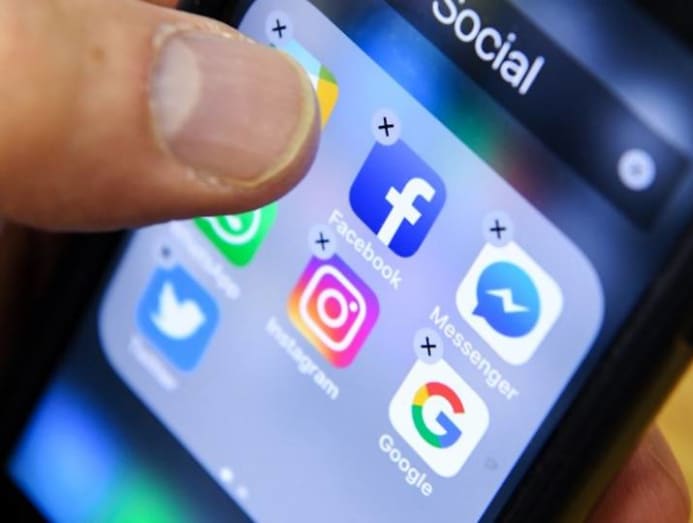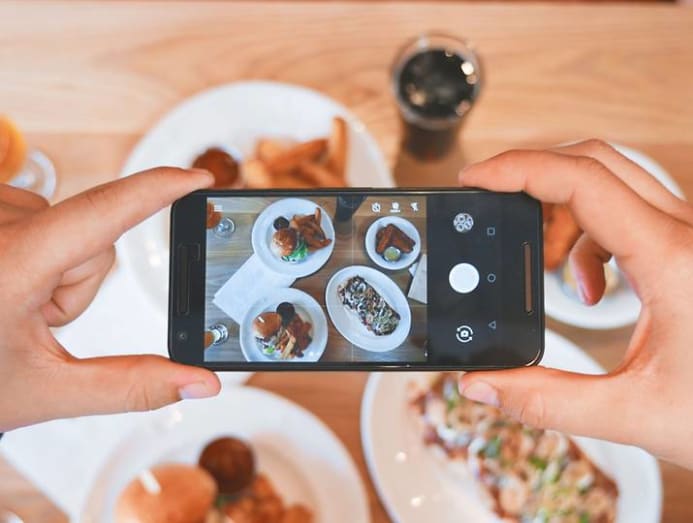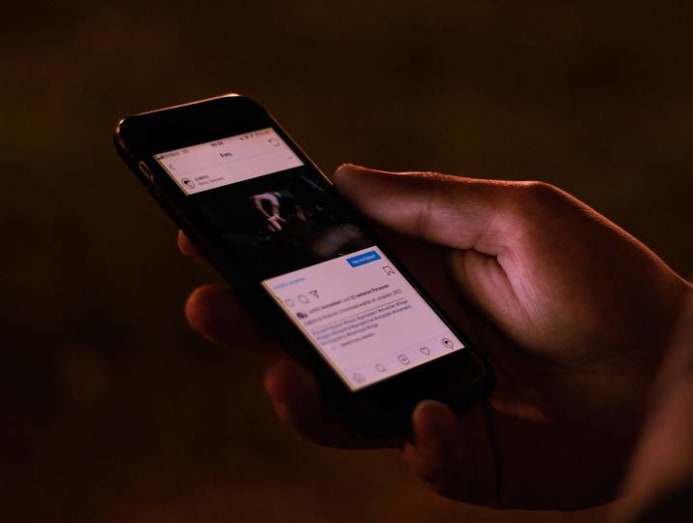commentary Commentary
Commentary: On social media, life amid coronavirus risks becoming a popularity contest
We may end up with social media addiction to our detriment, where social media use has been rampant during this pandemic, says an observer.

(Photo: Unsplash/Katka Pavlickova)
SINGAPORE: “And as we share this new, frightening reality,” Dr Anuradha Rao wrote in her CNA commentary, “there is no better time to introspect about our relationship with social media”.
As the winds of coronavirus sweep through our lives, nothing has been left unexamined, not even social media, where usage has seen an unprecedented surge.
Among those most engaged on social media are youth – individuals like myself. If anyone should introspect about their relationship with social media, it is us digital natives who grew up with them.
And so I have been reflecting. While I see the benefits of social media in these troubling times, a nagging concern has become impossible to ignore: For all the good social media can do, I fear that life amid coronavirus risks becoming a social media popularity contest.
READ: Commentary: This circuit breaker is making us yearn for human interaction more
READ: Commentary: Four things to help bring the best out of us this circuit breaker period
CROSSING THE LINE
Don’t get me wrong – in this time of social isolation, social media has been a good thing in many ways.
With our social lives disrupted, social media has been a key platform for us to more fully connect with loved ones and social networks.
Like a treatment against loneliness, social media has made being stuck at home that much more bearable.
But while greater exposure to social media carries greater exposure to its benefits, it also involves greater exposure to its risks.

In some sense, its use is inherently risky. Consider what one social media pioneer, Sean Parker, the founding president of Facebook, said in a 2017 interview:
The thought process that went into building these applications, Facebook being the first of them ... was all about: 'How do we consume as much of your time and conscious attention as possible?' And that means that we need to sort of give you a little dopamine hit every once in a while, because someone liked or commented on a photo or a post or whatever. And that's going to get you to contribute more content.
Parker then went on to admit that his team was in fact “exploiting a vulnerability in human psychology”.
Granted, people are not robots mindlessly letting engineers hack their minds. But we cannot deny the risk of going from using social media to maintain social connections, to using it to mine social validation.
It is a fine line we can cross without even realising it. Some might even say many already have.
As Professor Jung Younbo wrote in a CNA commentary last year: “People want to show off the most enjoyable moments of their lives” and are incentivised to keep posting these moments when they are rewarded with “likes”, those dopamine hits of social validation.
READ: Commentary: Putting in 50 hours while WFH, it’s a struggle to draw the line between work and home
LISTEN: Disruption 101: How COVID-19 is revolutionising work
To be clear, there is nothing problematic with putting up life updates to stay connected with friends, or the harmless screenshots of Zoom calls for memory’s sake. But if we are not sufficiently self-aware, these activities risk becoming addictions.
We may end up posting screenshots of video calls less because we want to remember what happened, and more because we want others to know it happened.
We may end up posting about the food deliveries we received, less because we want to show our care, but more because we want to show off that we are cared for.
We may end up posting text messages, workout recordings, photos of family dinners, less because they made us feel good, but because posting makes us feel good.

To top it all off, watching all our friends’ stories, we would inadvertently compare ourselves to them, the fear of missing out present even amid a pandemic.
Collectively, beneath the veneer of “positive vibes” our posts give off, we run the risk of turning life amid pandemic into a corrosive popularity contest, as we compare our lives to others and want to present ourselves as not being worse-off, our every post carefully captured and captioned.
SO WHAT?
Some may ask, so what? For one, we would be giving in to those who are – in Sean Parker’s words – “exploiting a vulnerability in human psychology”. More importantly, we run the risk of hits to our mental health and those of our friends, already more vulnerable in a time of coronavirus disruption.
Consider an analysis formally published this year, reviewing 121 studies on the effects of social media. The review, led by Alyssa Saiphoo from Ryerson University in Toronto, found a “small, negative, and significant relationship” between what was termed “social networking sites use” and self-esteem. The bottom line is that there is an association between higher social media usage and lower self-esteem.
READ: Commentary: Tinder's new safety features won't prevent all sorts of abuse
READ: Commentary: How to stay sane in a time of COVID-19 information overload
While research and statistical significance should always be interpreted carefully, we need only look around us to know that the problems are real. A Big Read story from last July reported that youth counselling centres and clinics in Singapore said they were seeing more cases of youths struggling with self-esteem issues due to social media exposure.
With the United Nations warning of a major mental health crisis induced by the pandemic, the additional impact of detrimental social media use is the last thing we need.
SOCIAL MEDIA, LIKE A DRUG
In a time of pandemic when uncertainties and anxieties are already high, we should not risk straining our mental health further with detrimental social media habits.

Social media can be a treatment for loneliness, but like all drugs, an overdose, or a mishandling, could risk unforeseen consequences.
Managing this risk, in my view, begins with being more self-aware. Before posting, ask yourself, “why am I posting this?”. Then ask yourself, “why am I really posting this?” If you are satisfied with both answers, then go ahead.
We also need to understand that there’s no need to put something on social media just to show it happened; our memories, our relationships and our lives are not any less real just because we did not do so.
Conversely, what we see on social media are just the bits of reality others want us to see.
READ: Commentary: Forwarding a WhatsApp message on COVID-19 news? How to make sure you don’t spread misinformation
READ: Commentary: We declare a goal of ending mental health stigma yet viciously mock the woman at Shunfu Market
It is human to want to show the best of ourselves on social media, but excessively doing so risks us forgoing the most human realities of all – living lives which are authentic, being mentally healthy and being in control.
Something else we can do is to more deeply embrace these realities now, and continue to even after this period of social isolation.
We can choose to live life more authentically through our own eyes, and less through the lens of our phone cameras. We can revel in the here-and-now of being with friends and family, rather than try to colour them with filters and captions.
To quote Dr Rao again, we do share a “new, frightening reality”. However, we can try to make this reality one that is more free, more human and more real.
The alternative, as far as social media is concerned, would be to risk a popularity contest – one which would be anything but real.
LISTEN: Repairing and recycling to reduce e-waste: A pipe dream in Singapore?
BOOKMARK THIS: Our comprehensive coverage of the novel coronavirus and its developments
Download our app or subscribe to our Telegram channel for the latest updates on the coronavirus outbreak: https://cna.asia/telegram
Ng Chia Wee is a second-year student at the National University of Singapore’s Faculty of Arts and Social Sciences. He is also part of Access, a social mobility non-profit organisation.





